Events
Upcoming Events
There are no upcoming events matching your criteria.
Previous Events
ISyE Seminar Series: Daniel Russo
Wednesday, April 20, 2022, 3 p.m. through Wednesday, April 20, 2022, 4:30 p.m.
Ford Hall
Room 110
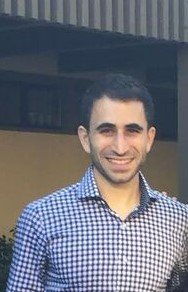 "Adaptivity and Confounding in Multi-armed Bandit Experiments"Presentation by Daniel Russo Wednesday, April 20 |
|
About the seminar: This talk explores a new model of bandit experiments where a potentially nonstationary sequence of contexts influences arms’ performance. Context-unaware algorithms risk confounding while those that perform correct inference face information delays. Our main insight is that an algorithm we call deconfounted Thompson sampling strikes a delicate balance between adaptivity and robustness. Its adaptivity leads to optimal efficiency properties in easy stationary instances, but it displays surprising resilience in hard nonstationary ones which cause other adaptive algorithms to fail. “Adaptivity and Confounding in Multi-Armed Bandit Experiments” (pdf) |
|
Bio:
Daniel Russo is an associate professor in the Decision, Risk, and Operations division of the Columbia Business School. His research lies at the intersection of statistical machine learning and online decision making, mostly falling under the broad umbrella of reinforcement learning. Outside academia, Russo works with Spotify to apply reinforcement learning style models to audio recommendations. Daniel completed his undergraduate studies at the University of Michigan (2011) and his PhD at Stanford University (2015). He joined Columbia after spending one year as a postdoctoral researcher at Microsoft Research and one year as an assistant professor at the Northwestern’s Kellogg School of Management.
|
Industrial and Systems Engineering Info Session
Tuesday, April 12, 2022, 6:30 p.m. through Tuesday, April 12, 2022, 7:30 p.m.
What is Industrial and Systems Engineering?
Many students don't know! Industrial and Systems Engineers blend mathematical modeling, engineering thinking, and business practices to optimize system performance. In fact, ISyE is one of the fastest-growing programs in the College of Science and Engineering.
Join our info session on Tuesday, April 12 at 6:30pm CST as we answer the following questions and more. Parents are also welcome to attend!
- What is Industrial and Systems Engineering (ISyE)?
- What kinds of classes do ISyE students take?
- How does ISyE combine engineering and business?
- What kinds of jobs can I get with an ISyE degree?
- Is it still possible to graduate in 4 years?
- What do ISyE students love about ISyE?
More information
Interested but can't attend? Complete this form for more information and we'll connect with you.
Additionally, you can learn more about the ISyE program within the fact sheet below.
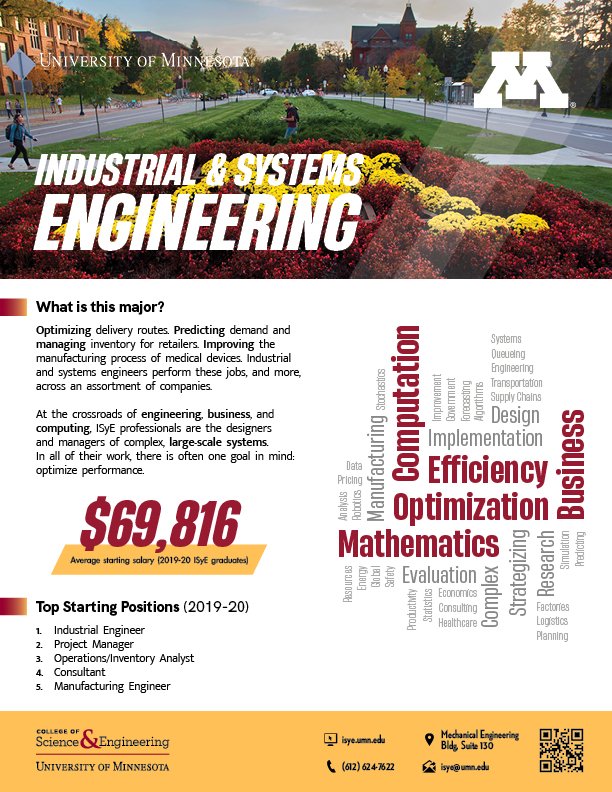
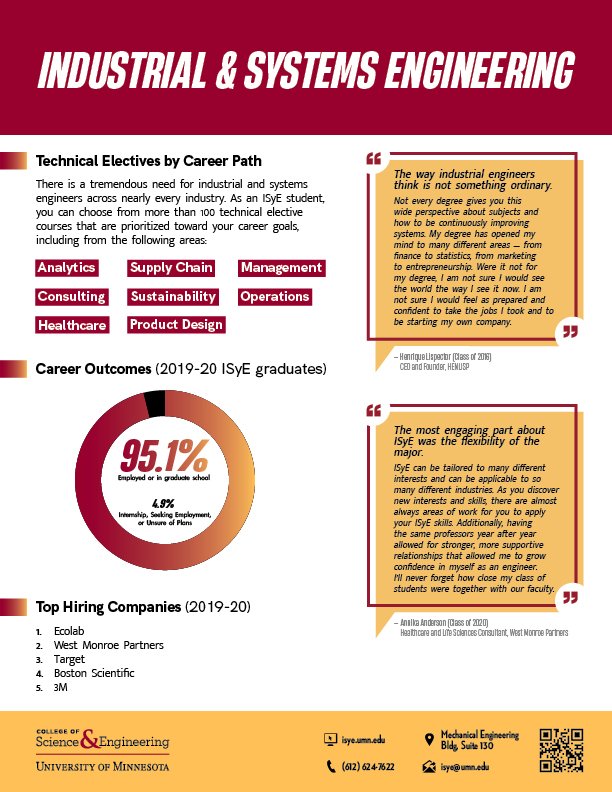
ISyE Seminar Series: Phebe Vayanos
Wednesday, April 6, 2022, 3:30 p.m. through Wednesday, April 6, 2022, 5 p.m.
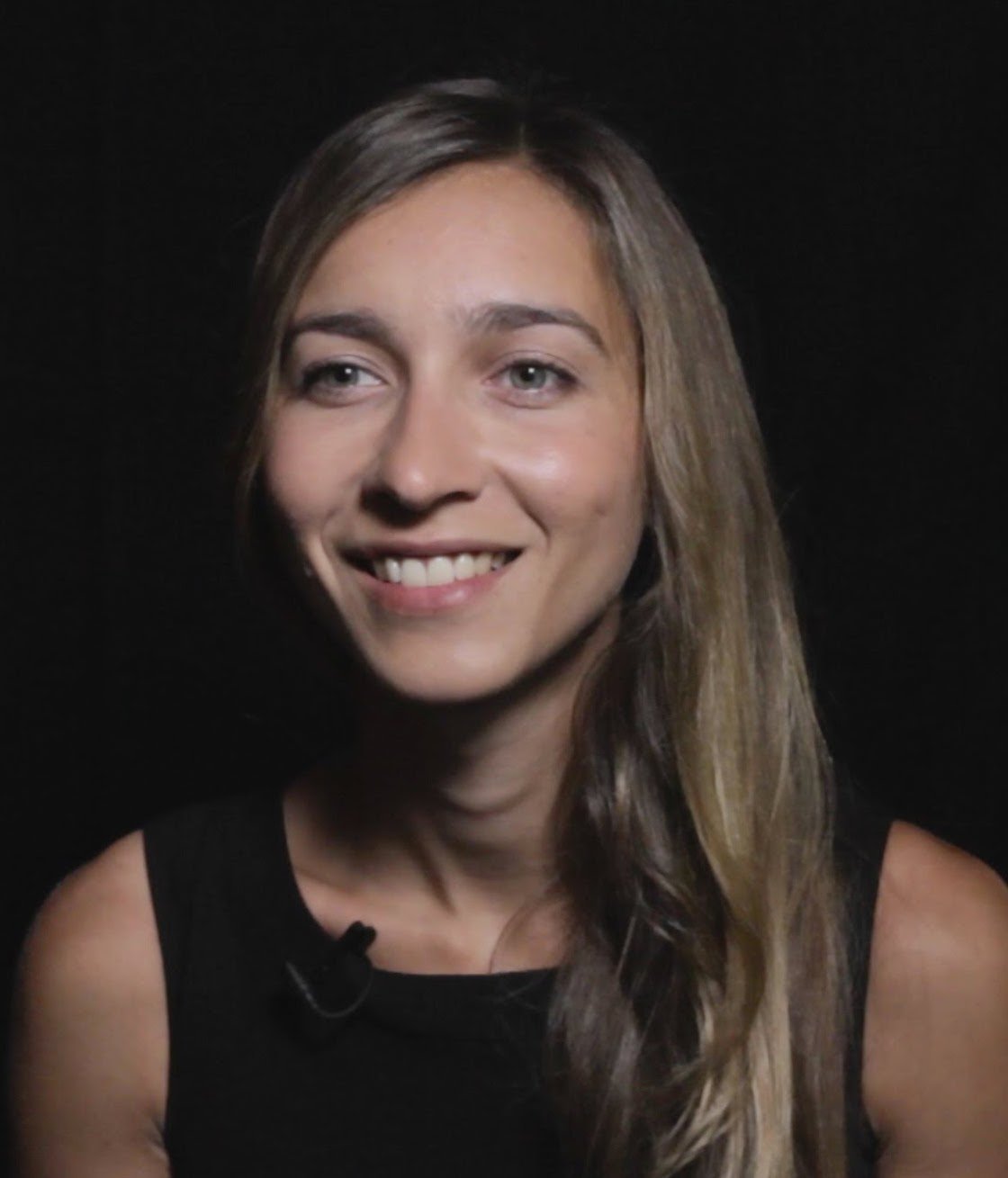 "Interpretability, Robustness, and Fairness in Predictive and Prescriptive Analytics for Social Impact"Presentation by Phebe Vayanos Wednesday, April 6 |
|
About the seminar: Motivated by problems in homeless services delivery, suicide prevention, and substance use prevention, we consider the problem of learning optimal interpretable, robust, and fair models in the form of decision-trees to assist with decision-making in socially sensitive, high-stakes settings. We propose new models and algorithms, showcase their flexibility, and theoretical and practical benefits, and demonstrate substantial improvements over the state of the art. This presentation is based on the following papers:
“Strong Optimal Classification Trees” (pdf) “Learning Optimal Fair Classification Trees” (pdf) “Learning Optimal Prescriptive Trees from Observational Data” (pdf) “Optimal Robust Classification Trees” (pdf) |
|
Bio:
Phebe Vayanos is a WiSE Gabilan Assistant Professor of Industrial & Systems Engineering and Computer Science at the University of Southern California. She is also an Associate Director of CAIS, the Center for Artificial Intelligence in Society at USC. Her research is focused on Operations Research and Artificial Intelligence and in particular on optimization and machine learning. Her work is motivated by problems that are important for social good, such as those arising in public housing allocation, public health, and biodiversity conservation. Prior to joining USC, she was lecturer in the Operations Research and Statistics Group at the MIT Sloan School of Management, and a postdoctoral research associate in the Operations Research Center at MIT. She holds a PhD degree in Operations Research and an MEng degree in Electrical & Electronic Engineering, both from Imperial College London. She serves as a member of the ad hoc INFORMS AI Strategy Advisory Committee, she is an elected member of the Committee on Stochastic Programming (COSP), and the VP of Communications for the INFORMS Section on Public Sector Operations Research. She is an Associate Editor for Operations Research Letters and Computational Management Science. She is a recipient of the NSF CAREER award and the INFORMS Diversity, Equity, and Inclusion Ambassador Program Award.
|
ISyE Seminar Series: Ali Jadbabaie
Wednesday, March 30, 2022, 3:30 p.m. through Wednesday, March 30, 2022, 5 p.m.
Zoom
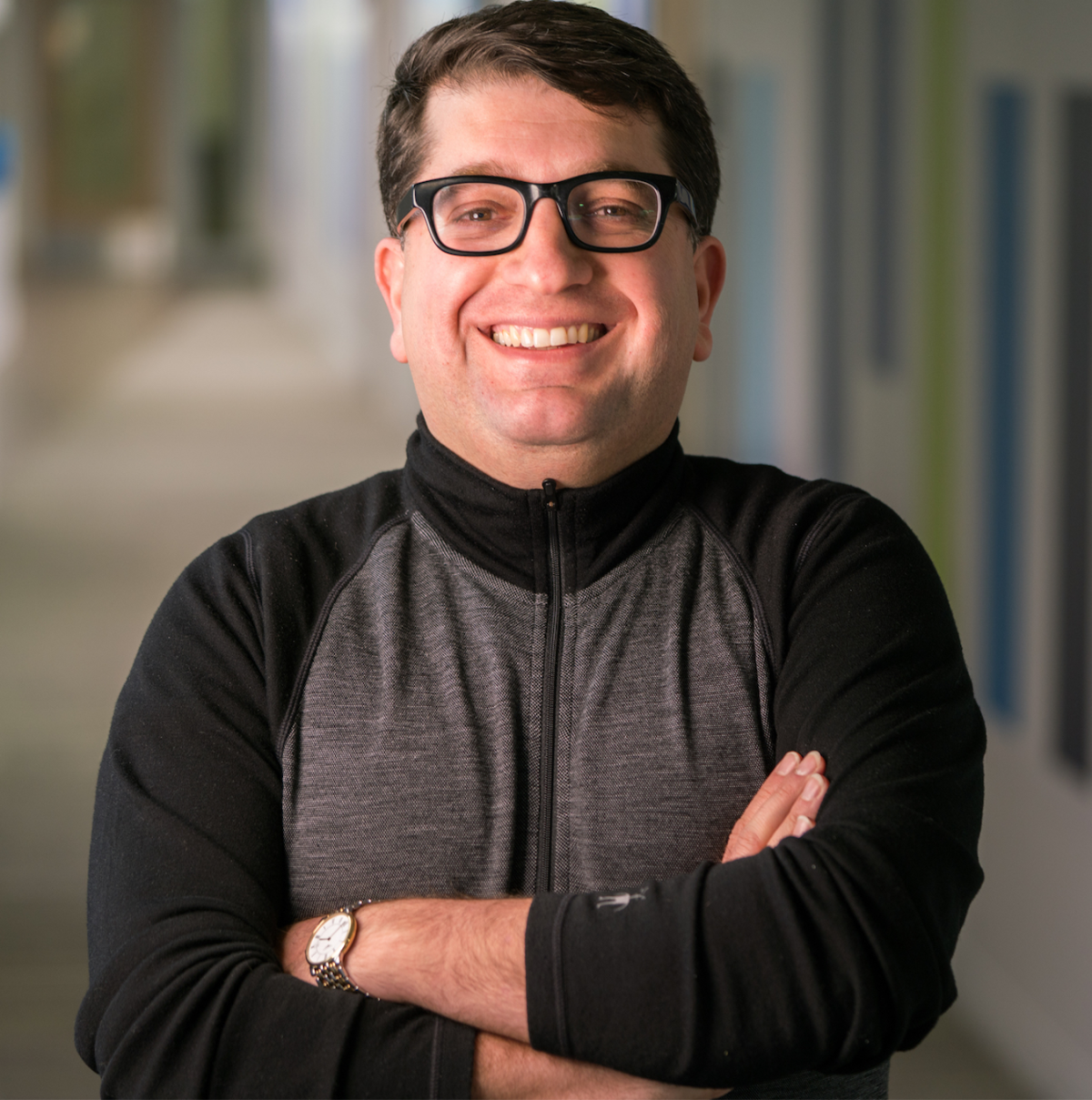 "Persuasion, News Sharing, and Cascades on Social Networks"Presentation by Ali Jadbabaie Wednesday, March 30 |
|
About the seminar: In this talk, Jadbabaie will present a game-theoretic model of strategic, online news dissemination on Twitter-like social networks. Agents are endowed with subjective, heterogeneous priors on some unobservable real-valued state of the world. At the beginning, a small fraction of agents observes a piece of news with certain credibility. The agents who receive the news, decide to share or not with their followers based on whether the news will persuade their followers to move their beliefs closer to the agents’. We characterize agents’ sharing decision, which leads to an endogenous SI process. We characterize the size of endogenous news spread at the equilibrium. We show that low-credibility news can potentially trigger a larger sharing cascade than news with higher credibility. Furthermore, we investigate the role of polarization in priors and show that increased polarization in a population prompts more sharing of lower credibility news which results in wider spread than fully credible news. Finally, fully describe the interplay between news credibility, polarization and diversity of the priors. If there is time, I will also discuss a model of news subscription with news intermediaries with ideological biases, and a population with heterogeneous priors deciding which news intermediary to subscribe to. We show how this model rationalizes homophily for individuals at the ideological extreme. Joint work with Chi-Chia Hsu, Amir Ajorlou, and Muhamet Yildiz. |
|
Bio:
Ali Jadbabaie is the JR East Professor and Head of the department of Civil and Environmental Engineering, a core faculty member in the Institute for Data, Systems and Society (IDSS), and a PI at the Laboratory for Information and Decision Systems (LIDS). Previously, he served as the director of the Sociotechnical Systems Research Center and as the cofounder and Associate Director of IDSS at MIT and the founding Program head of the IDSS flagship PhD program on Social and Engineering Systems. He received a BSc with High Honors from Sharif University of Technology, his MS in electrical and computer engineering from the University of New Mexico, and a PhD in control and dynamical systems from the California Institute of Technology (Caltech). He was a postdoctoral scholar at Yale University before joining the faculty at the University of Pennsylvania where he was subsequently promoted through the ranks and held the Alfred Fitler Moore Professorship in Network Science in the Electrical and Systems Engineering department with secondary appointments in computer and information science and operations, information and decisions in the Wharton School. A member of the General Robotics, Automation, Sensing & Perception (GRASP) Lab at Penn, Prof. Jadbabaie was also the co- founder and director of the Raj and Neera Singh Program in Networked and Social Systems Engineering (NETS), an undergraduate inter-disciplinary degree program. Prof. Jadbabaie was the inaugural editor- in-chief of IEEE Transactions on Network Science and Engineering, a journal sponsored by several IEEE societies. He is a recipient of a National Science Foundation Career Award, an Office of Naval Research Young Investigator Award, the O. Hugo Schuck Best Paper Award from the American Automatic Control Council, and the George S. Axelby Best Paper Award from the IEEE Control Systems Society and is a senior author of several student best paper Awards. He is an IEEE fellow and recipient of a 2016 Vannevar Bush Fellowship from the office of Secretary of Defense which provides 3 $M in funding over 5 Years for research on topics of his choice. His current research interests include the interplay of dynamic systems and networks with specific emphasis on multi-agent coordination and control, distributed optimization, network science, and network economics.
|
Seminar Video:
ISyE Seminar Series: Nicolas Stier-Moses
Wednesday, March 23, 2022, 3:30 p.m. through Wednesday, March 23, 2022, 5 p.m.
Zoom
 "Bernoulli Congestion Games"Presentation by Nicolas Stier-Moses Wednesday, March 23 |
|
About the seminar: We consider atomic congestion games with players that participate with an exogenous and known probability $p_i \in [0,1]$, independently of everybody else, or stay out, incurring no cost. When players are present, they choose routes with lowest expected cost, accounting for the participation probabilities of everybody else. In this setting, the Price of Anarchy (PoA) can be defined as the worst-case ratio of the expected social cost at equilibrium to that of any other routing, among instances with possibly different probabilities $p_i$ not exceeding $p$. We characterize the PoA as a function $p$, where the choice of parametrization arises from a monotonicity property that implies that the worst case is attained when all players have the same participation probability. For the case of affine costs, we provide an analytic expression for the continuous PoA function: it is equal to $4/3$ for $0 < p < 1/4$, and increases towards $5/2$ when $p \to 1$. Casting the game into the lambda-mu smoothness framework paves the way to the characterization of the PoA function for the different regimes, which is the main technical contribution. These results allow us to quantify the impact of demand uncertainty on the inefficiency caused by selfish behavior. The parametrized PoA function can be interpreted as providing a continuous transition between the PoA of nonatomic and atomic games. These bounds are tight and are attained on routing games—as opposed to general congestion games—with purely linear costs (i.e., with no constant terms). Finally, we connect this class of games to results on the convergence of congestion games when the number of players grows to infinity. “Price of Anarchy in Stochastic Atomic Congestion Games with Affine Costs” (pdf) |
|
Bio:
Nicolas Stier-Moses is the Director of the Core Data Science team of Meta (formerly Facebook). The work of the team leverages innovative research to drive impact to the products, infrastructure and processes at Meta. The team draws inspiration from a rich and diverse set of disciplines including Operations, Statistics, Economics, Mechanism Design, Machine Learning, Experimentation, Algorithms, and Computational Social Science (in no particular order). Prior to joining Meta, Nicolas was an Associate Professor at the Decision, Risk and Operations Division of Columbia Business School and at the Business School of Universidad Torcuato Di Tella. He received a Ph.D. degree from the Operations Research Center of the Massachusetts Institute of Technology.
|
Seminar Video:
Industrial and Systems Engineering Info Session
Monday, March 21, 2022, 6:30 p.m. through Monday, March 21, 2022, 7:30 p.m.
What is Industrial and Systems Engineering?
Many students don't know! Industrial and Systems Engineers blend mathematical modeling, engineering thinking, and business practices to optimize system performance. In fact, ISyE is one of the fastest-growing programs in the College of Science and Engineering.
Join our info session on Monday, March 21 at 6:30pm CST as we answer the following questions and more. Parents are also welcome to attend!
- What is Industrial and Systems Engineering (ISyE)?
- What kinds of classes do ISyE students take?
- How does ISyE combine engineering and business?
- What kinds of jobs can I get with an ISyE degree?
- Is it still possible to graduate in 4 years?
- What do ISyE students love about ISyE?
More information
Interested but can't attend? Complete this form for more information and we'll connect with you.
Additionally, you can learn more about the ISyE program within the fact sheet below.


Alumni-Students Interaction Session with Hamidreza Badri
Thursday, March 3, 2022, 6 p.m. through Thursday, March 3, 2022, 7 p.m.
ISyE Seminar Series: Shiqian Ma
Wednesday, March 2, 2022, 3:30 p.m. through Wednesday, March 2, 2022, 5 p.m.
Zoom
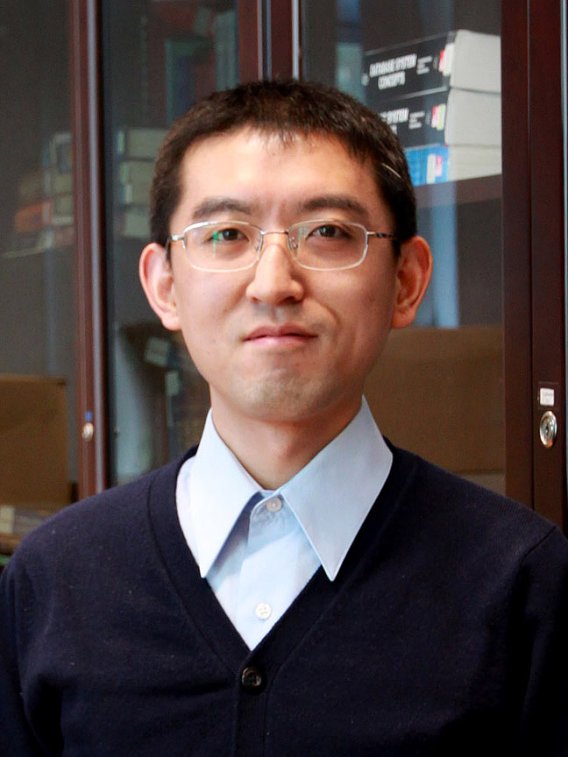 "Riemannian Optimization for Projection Robust Optimal Transport"Presentation by Shiqian Ma Wednesday, March 2 |
|
About the seminar: The optimal transport problem is known to suffer the curse of dimensionality. A recently proposed approach to mitigate the curse of dimensionality is to project the sampled data from the high dimensional probability distribution onto a lower-dimensional subspace, and then compute the optimal transport between the projected data. However, this approach requires to solve a max-min problem over the Stiefel manifold, which is very challenging in practice. In this talk, we propose a Riemannian block coordinate descent (RBCD) method to solve this problem. We analyze the complexity of arithmetic operations for RBCD to obtain an $\epsilon$-stationary point, and show that it significantly improves the corresponding complexity of existing methods. Numerical results on both synthetic and real datasets demonstrate that our method is more efficient than existing methods, especially when the number of sampled data is very large. We will also discuss how the same idea can be used to solve the projection robust Wasserstein barycenter problem. "A Riemannian Block Coordinate Descent Method for Computing the Projection Robust Wasserstein Distance" (pdf) "Projection Robust Wasserstein Barycenters" (pdf) |
|
Bio:
Shiqian Ma is an associate professor in the Department of Mathematics at the University of California, Davis. He received his PhD in IEOR from Columbia University in 2011. Shiqian was an NSF postdoctoral fellow in the Institute for Mathematics and its Applications at the University of Minnesota during 2011-2012 and an assistant professor in the Department of Systems Engineering and Engineering Management at the Chinese University of Hong Kong during 2012-2017. His main research areas are optimization and machine learning. Shiqian served as the area chair for ICML 2021 and 2022, and currently serves on the editorial board of Journal of Scientific Computing.
|
Seminar Video:
2022 IISE North Central Regional Conference Banquet
Saturday, Feb. 26, 2022, 5:30 p.m. through Saturday, Feb. 26, 2022, 7:15 p.m.
About the Banquet
The University of Minnesota-Twin Cities Institute of Industrial and Systems Engineers (IISE) Chapter invites you to the 2022 IISE North Central Regional Conference Banquet on Saturday, February 26th from 5:30 pm to 7:15 pm in the Mississippi Room at Coffman Memorial Union.
The banquet will feature opportunities for local conference attendees to close out the conference, including an informal networking session, catered dinner, and giveaway, as well as an opportunity to hear keynote speaker Megan Brosnan in person.
To RSVP for the Banquet, please fill out the reservation form before Sunday, February 20th. More information can be found on the Official Conference Website, as well as Facebook Page.
Banquet Agenda
5:30 pm: Informal Networking
6:00 pm: Dinner & Awards
6:25 pm: Keynote Speaker, Megan Brosnan
7:00 pm: Conference Wrap-up
Masks will be required for guests when not eating or drinking.
Keynote Speaker
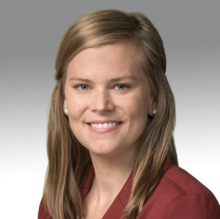
Megan Brosnan is the Director of Engineering and R&D at Ergotron. An exceptional, authentic, and innovative leader, she excels in strategic management of technical functions and motivates her workforce to think broadly. Her work experience ranges in process and product development to project engineering in both medical device and packaging. She also owns and manages a business consulting firm for risk assessment, process improvement, and change management. Brosnan holds a bachelor's degree from Marquette University in Biomedical Engineering.
2022 IISE North Central Regional Conference
Friday, Feb. 25, 2022, 8 a.m. through Saturday, Feb. 26, 2022, 8 p.m.
About the Conference
The University of Minnesota-Twin Cities Institute of Industrial and Systems Engineers (IISE) Chapter is proud to announce that it will be virtually hosting the 2022 IISE North Central Regional Conference: Top of the Region on Friday, February 25th and Saturday, February 26th.
This event will bring together not only Industrial and Systems Engineers, but also other students from a variety of majors from 10+ campuses, for a series of workshops and seminars to explore the possibilities within industrial engineering and beyond. Faculty members and industry professionals, both locally and nationally, will be present to share important industry trends and skills from consulting and healthcare, patent law and graduate school, supply chain and technology, and more!
Although the conference is virtual, conference attendees local to the Twin Cities will have the opportunity to attend an in-person banquet closing out the conference for additional networking opportunities. More information about the Banquet and how to RSVP can be found here.
Registration details and other conference information can be found at the Official Conference Website, as well as Facebook Page. For additional questions, please reach out to the Senior Conference Planner, Amber Tacheny, at tache037@umn.edu.
Opening Speaker
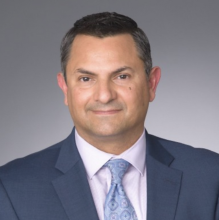
Eric Ayanegui is the Director of Operations Engineering Solutions at Cintas (“The Uniform Company”). He has proven expertise in managing performing and under-performing teams to bolster functional departments using a background in Industrial Engineering and Operations Research. He is a charismatic, team - oriented leader who prioritizes team member engagement and fulfillment of highest potential, and is passionate about incorporating personnel from diverse backgrounds. He holds a Bachelor’s Degree in Industrial Engineering from the University of Houston.
Keynote Speaker

Megan Brosnan is the Director of Engineering and R&D at Ergotron. An exceptional, authentic, and innovative leader, she excels in strategic management of technical functions and motivates her workforce to think broadly. Her work experience ranges in process and product development to project engineering in both medical device and packaging. She also owns and manages a business consulting firm for risk assessment, process improvement, and change management. Brosnan holds a bachelor's degree from Marquette University in Biomedical Engineering.